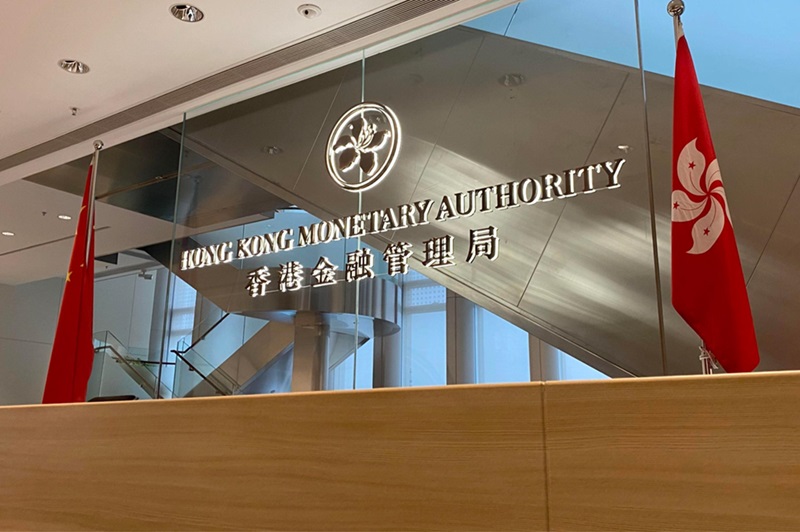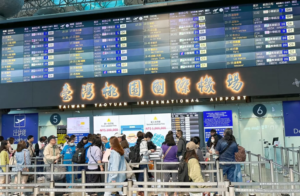Hong Kong is gearing up to become a hub for virtual assets, as the city’s de facto central bank, the Hong Kong Monetary Authority (HKMA), recently unveiled plans to bring local banking institutions in line with international standards for reserve requirements for cryptoassets. These standards, proposed by the international Basel Committee on Banking Supervision (BCBS) in December 2022, aim to regulate banks’ crypto holdings to mitigate risks and ensure financial stability.
The HKMA’s proposal, outlined in a consultation paper released on Monday, mirrors the Basel rules by categorizing cryptoassets into four groups based on risk and other factors. This classification determines the amount of capital banks must hold in reserve for their crypto exposures. The move makes Hong Kong one of the first major jurisdictions to progress towards adopting the Basel crypto standards, according to Andrew Fei, a partner at King & Wood Mallesons.
The proposal aligns closely with the Basel rules, categorizing cryptoassets into two main groups, each with two subgroups. Group 1 covers tokenized traditional assets (1a) and cryptoassets with effective stabilization mechanisms (1b), which include tokenized securities, stablecoins pegged to fiat currencies, and other assets with applicable capital requirements. Under this proposal, authorized institutions meeting HKMA’s classification requirements can treat tokenized assets similarly to non-tokenized ones.
Group 2 comprises more speculative assets, with subgroup 2a including mature cryptoassets with large market capitalizations and greater liquidity, while subgroup 2b encompasses other cryptoassets with lower liquidity and market capitalization. The latter subgroup imposes a capital reserve requirement that can exceed the value of the assets themselves, reflecting a conservative and stringent approach.
The consultation period for public comments on the proposal runs until May 6, with the HKMA planning to implement the rules on or after July 1, 2025.
This initiative is part of the HKMA’s broader efforts to regulate cryptoassets, including stablecoins, within its jurisdiction. In December, the HKMA issued a consultation paper on anticipated rules for the issuance and sale of stablecoins, requiring a license for serving retail investors once the regulation takes effect. The consultation for these rules is open until the end of this month, with no specified timeline for implementation.
While most virtual assets, including cryptocurrencies, fall under the Securities and Futures Commission’s jurisdiction, which has its own regulations requiring a license for selling such assets to retail investors, crypto exchanges operating in Hong Kong must submit a license application this month or cease operations by the end of May.
With these regulatory initiatives, the Hong Kong government aims to establish a consistent framework to boost confidence in the crypto market. These efforts also align with global trends as regulators worldwide seek to manage the potential destabilizing effects of cryptoassets.
(Source: SCMP)









